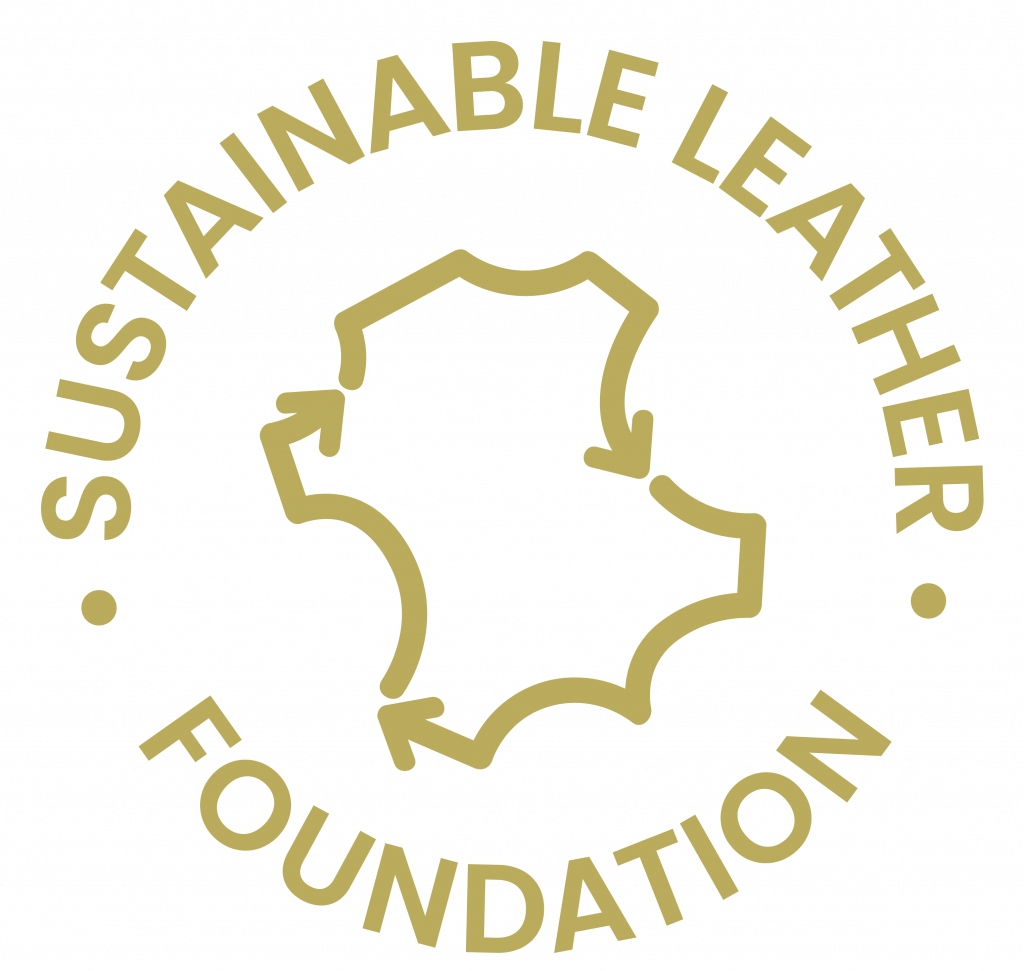As partners, we want you to have the Right Tools....
One of our objectives at the Foundation is to provide a central resource that offers our partners valuable information designed to support sustainable growth and improvement. This Toolkit area will keep partners updated with the latest information around legislation, regulation and best practice innovation.
The toolkit will evolve over time and new subject areas will be added. However, if there is something specific you would like us to add as a resource, please get in touch and let us know.

Do you want to see how your existing accreditation converts to the SLF Standards and Benchmarks?
Understand the key principles of consumer messaging and what language you should avoid using when communicating to your customers.
European Union Corporate Sustainability Reporting Directive
EU CSRD
The EU CSRD comes into effect in 2024. It replaces the non-financial reporting that companies are currently required to submit.
The largest companies will have to make their first reports in 2025 based on their operations during 2024, and over the next 4 years there will be a phased in approach to include all companies that operate within the EU.
The reporting will include all aspects of ESG (Environmental, Social and Governance) responsibility.
You can find out more about the Directive (including the reporting specification) by clicking below. COMING SOON: Guidance Notes on how the SLF Dashboard supports demonstration of compliance.
European Union Corporate Due Diligence Directive
EU CSDDD
The EU DDD is a complimentary piece of legislation that should be considered alongside the CSRD.
While the CSRD is concerned with reporting ESG, the CSDDD is concerned with demonstration of due diligence, i.e. the actual doing.
The aim of this Directive is to foster sustainable and responsible corporate behaviour and to anchor human rights and environmental considerations in companies’ operations and corporate governance. The new rules will ensure that businesses address adverse impacts of their actions, including in their value chains inside and outside Europe.
Click below to find out more.
European Union Deforestation Regulation
EUDR
The EUDR will prevent any organisation that operates in the EU from importing key commodities that have linked to deforestation.
The key commodities include: cattle, wood, cocoa, soy, palm oil, coffee, rubber, and some of their derived products, such as leather, chocolate, tyres, or furniture
The commodities annex for cattle and the by products of cattle include: meat, raw skins/hides, part processed material, crust and finished leather.
From next year all companies will have to be able to demonstrate that there is no deforestation in their supply chains. The only way to do this is to prove through robust traceability where your material has originated from.
Operators will have to be able to geo-reference back to the birth farm to prove that land has not been subjected to deforestation.
Click below to find out more.
European Union Waste Framework Directive
EU WFD
The EU Waste Framework Directive lays down some basic waste management principles. It requires that waste be managed:
- without endangering human health and harming the environment
- without risk to water, air, soil, plants or animals
- without causing a nuisance through noise or odours
- and without adversely affecting the countryside or places of special interest
In 2023, there was an amendment to the Directive that specifically targeted “textile waste” with the introduction of mandatory and harmonised Extended Producer Responsibility (EPR) schemes for textiles in all EU Member States.
Click below to find out more:
European Union Green Claims Directive
EU GCD
The EU Green Claims Directive aims to protect consumers from misleading marketing practices and help them make better purchasing choices.
Under the Directive:
- Generic environmental claims and other misleading product information will be outlawed
- Only sustainability labels based on approved certification schemes or established by public authorities will be allowed
- Guarantee information has to be more visible and a new guarantee extension label will be introduced
The directive was overwhelmingly adopted on Wednesday 17th January 2024, with 593 votes in favour, 21 against and 14 abstentions, and it will now go for Council approval. Once granted, there is likely to be a 24 month period before it enters into law.
Click below to find out more.
